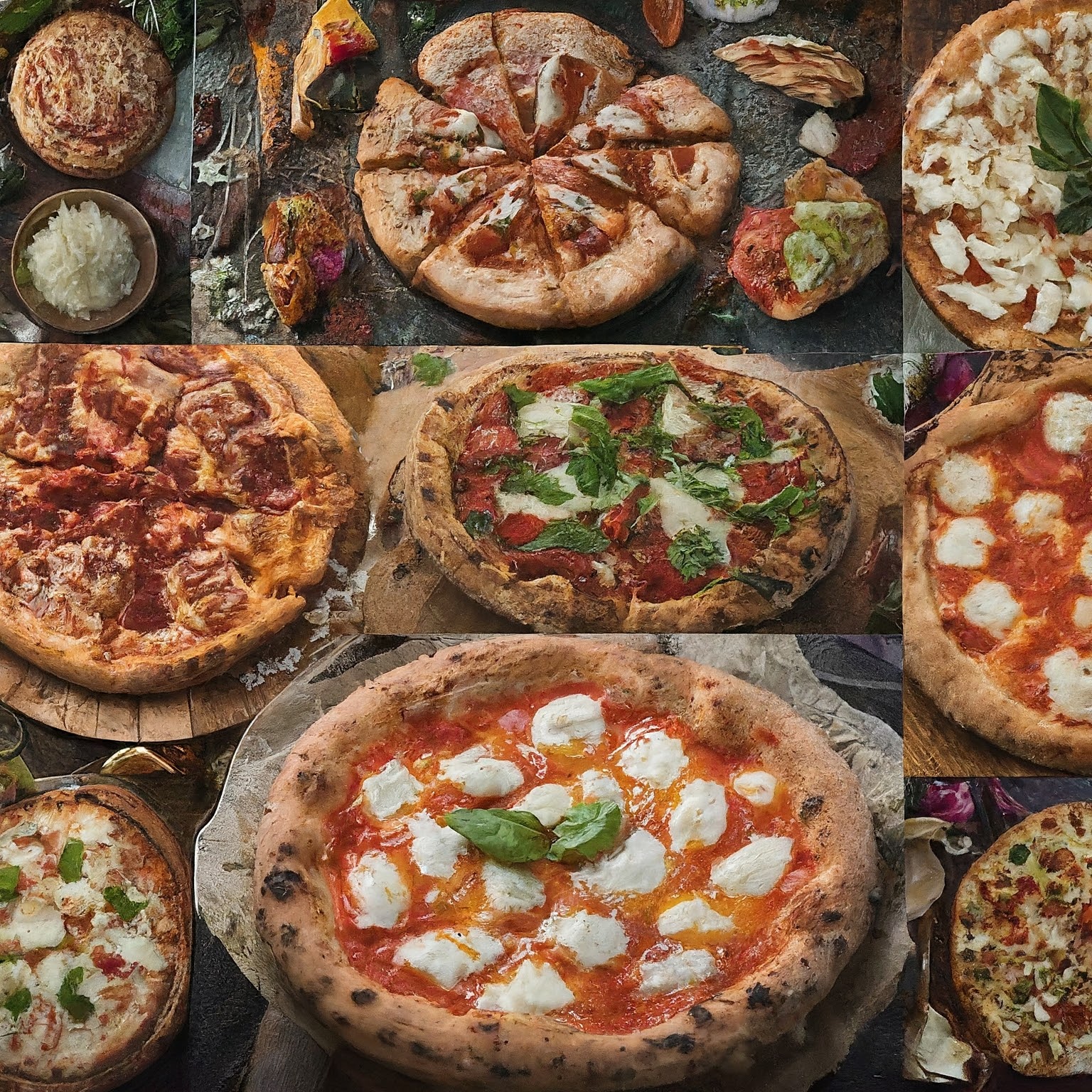Pizza, the ubiquitous symbol of comfort food and culinary delight, boasts a rich and fascinating history. Its journey stretches back centuries, tracing its roots from ancient civilizations to its present-day global phenomenon. This exploration delves into the pizza history, uncovering its humble beginnings, remarkable evolution, and profound cultural impact around the world.
Ancient Origins:
The earliest known versions of pizza can be traced back to ancient civilizations in the Mediterranean region. Egyptians, Greeks, and Romans all enjoyed flatbreads topped with various ingredients. These early versions lacked the specific characteristics of modern pizza, but they laid the groundwork for its future development.
The Rise of Pizza in Italy:
The story of pizza, as we know it, is deeply intertwined with Italy. Around the 10th century AD, the word “pizza” first appeared in Italy, referring to a flatbread topped with olive oil, herbs, and cheese. Over time, ingredients like tomatoes, introduced from the Americas in the 16th century, became integral to the dish.
Naples: The Birthplace of Modern Pizza:
The city of Naples in southern Italy is widely considered the birthplace of modern pizza. In the 18th and 19th centuries, Neapolitan street vendors began selling flatbreads topped with tomatoes, mozzarella cheese, garlic, and herbs. These early pizzas were cooked in wood-fired ovens, giving them a distinct smoky flavor and a crispy crust.
The Pizza Revolution:
The 19th century marked a turning point in the pizza history. The unification of Italy in 1861 led to increased mobility and the spread of pizza beyond Naples. This, coupled with the migration of Italians to other parts of the world, particularly the United States, contributed significantly to the global popularity of this culinary delight.
Global Domination and Cultural Adaptations:
In the 20th century, pizza truly entered the global culinary scene. The invention of the pizza box facilitated transportation and delivery, further propelling its popularity. As pizza spread across the world, it adapted to various cultures and tastes. Regional variations emerged, incorporating local ingredients and flavors. From Chicago deep dish to Japanese okonomiyaki, the diverse interpretations of pizza showcase its remarkable adaptability and global appeal.
A Slice of Culture:
Beyond its deliciousness, pizza holds significant cultural significance. It is often associated with social gatherings, family meals, and celebrations. The communal act of sharing a pizza transcends cultural and socioeconomic boundaries, creating a sense of connection and togetherness.
A Look Ahead:
The pizza history continues to unfold. Innovation in ingredients, cooking techniques, and flavor combinations ensures that pizza remains a dynamic and evolving culinary experience. As new variations emerge and global palates continue to be explored, one thing remains certain: the enduring popularity of pizza, a testament to its rich history, cultural significance, and irresistible flavor.
Interesting Facts:
- The first documented pizza delivery occurred in 1889 when Queen Margherita of Italy ordered a pizza from Pizzeria Brandi in Naples.
- The term “pizza pie” originated in the United States around the early 20th century.
- Chicago deep dish pizza, known for its thick and doughy crust, was first created in the 1940s.
- In 2017, Italians successfully lobbied to have the traditional Neapolitan pizza-making process inscribed on the UNESCO Intangible Cultural Heritage of Humanity list.
Conclusion:
From its humble beginnings as an ancient flatbread to its global domination as a beloved food, pizza’s journey is a testament to human ingenuity, cultural exchange, and the enduring power of simple yet delicious food. As we continue to explore its history and savor its diverse flavors, one thing is certain: pizza will continue to be a cherished culinary icon for generations to come.

